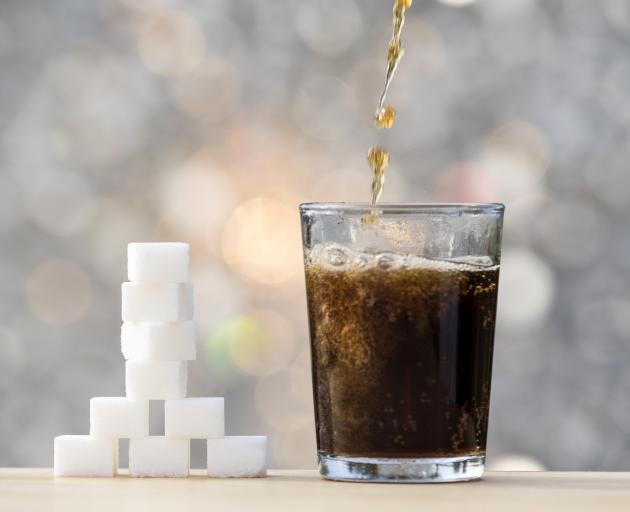
It was no surprise its education spokesman Chris Baillie thundered last week that banning unhealthy drinks in primary schools would be control freak politicians taking over parents’ jobs, and the worst kind of nanny statism.
Education Minister Chris Hipkins provoked this hyperbole by announcing a consultation on the promotion and provision of healthy drinks in schools. The Government’s preferred option is for regulations to apply from next year requiring primary schools to offer only water, low-fat milk or unsweetened plant-based ‘‘milks’’ to pupils.
Exceptions would be made for pupils requiring other beverages due to medical conditions, and for some special occasions or celebrations.
The consultation document seeks feedback from schools on the impact of such a change, including those schools with contracts with unhealthy drink suppliers from which they might not be able to easily withdraw.
It is weak on the issue of leaving secondary schools out of this plan, confusingly referring to ‘‘different circumstances’’ and that fewer high schools already have healthy drinking policies compared with primary schools. Also, canteens and tuck shops are more prevalent in the secondary setting.
It says more work would need to be done to understand the challenges secondary schools would face implementing this policy.
It smacks of the Government wanting to be seen to be doing something around obesity prevention, but nothing controversial or comprehensive. Where is the action on restricting marketing of unhealthy food to children and adolescents or an update on whether a tax on sugary drinks would be beneficial?
There are schools who are doing a great job of promoting healthy food and drink, including those who harvest food from their own gardens, but this is not universal.
Some commentators have trotted out the lame old argument there is no point in a ban when kids can leave school and buy sugary rubbish, either after school or at lunchtime.

Banning sugary drinks at school would at least allow those pupils prone to high consumption respite from the constant sugar onslaught for around six hours a day, five days a week. Better than nothing.
Despite Act’s huffing and puffing, it would be good to think we might have moved on from 2009 when the then recently elected National-led government scrapped guidelines requiring schools to sell only healthy food.
A survey of about 1600 people in 2015, funded by the Heart Foundation and the Cancer Society of Auckland, showed there was strong public support for the Government to take a lead on healthy food in schools and childcare services. Almost 80% of respondents favoured the Government requiring such bodies to implement a healthy food policy.
We need to be doing much more to prevent obesity and all the health issues which come with it. The primary schools’ drinks proposal is timid in a country where our children have the dubious honour of being the second-fattest in the Organisation for Economic Co-operation and Development (OECD) countries.
Whether there will be any impetus for more action in this area under the new public health agency spawned by the health system reforms is unknown. How far it may be willing to go to address issues which might impact on big alcohol and food businesses, and provide truly independent advice, as the short-lived Public Health Commission did in the 1990s, remains unclear.












